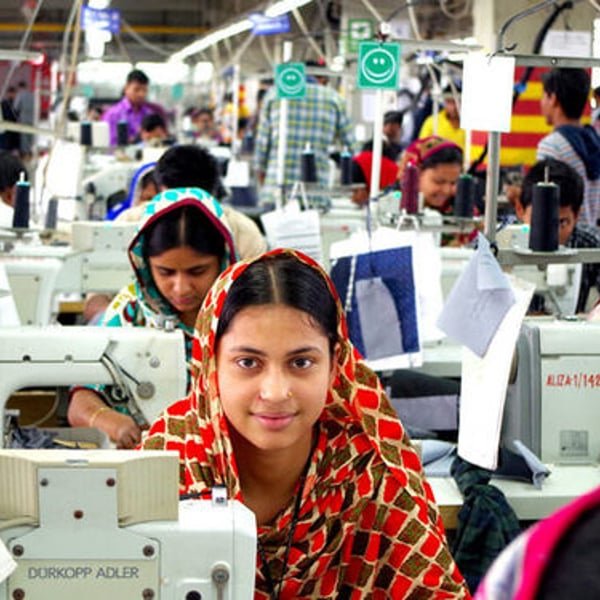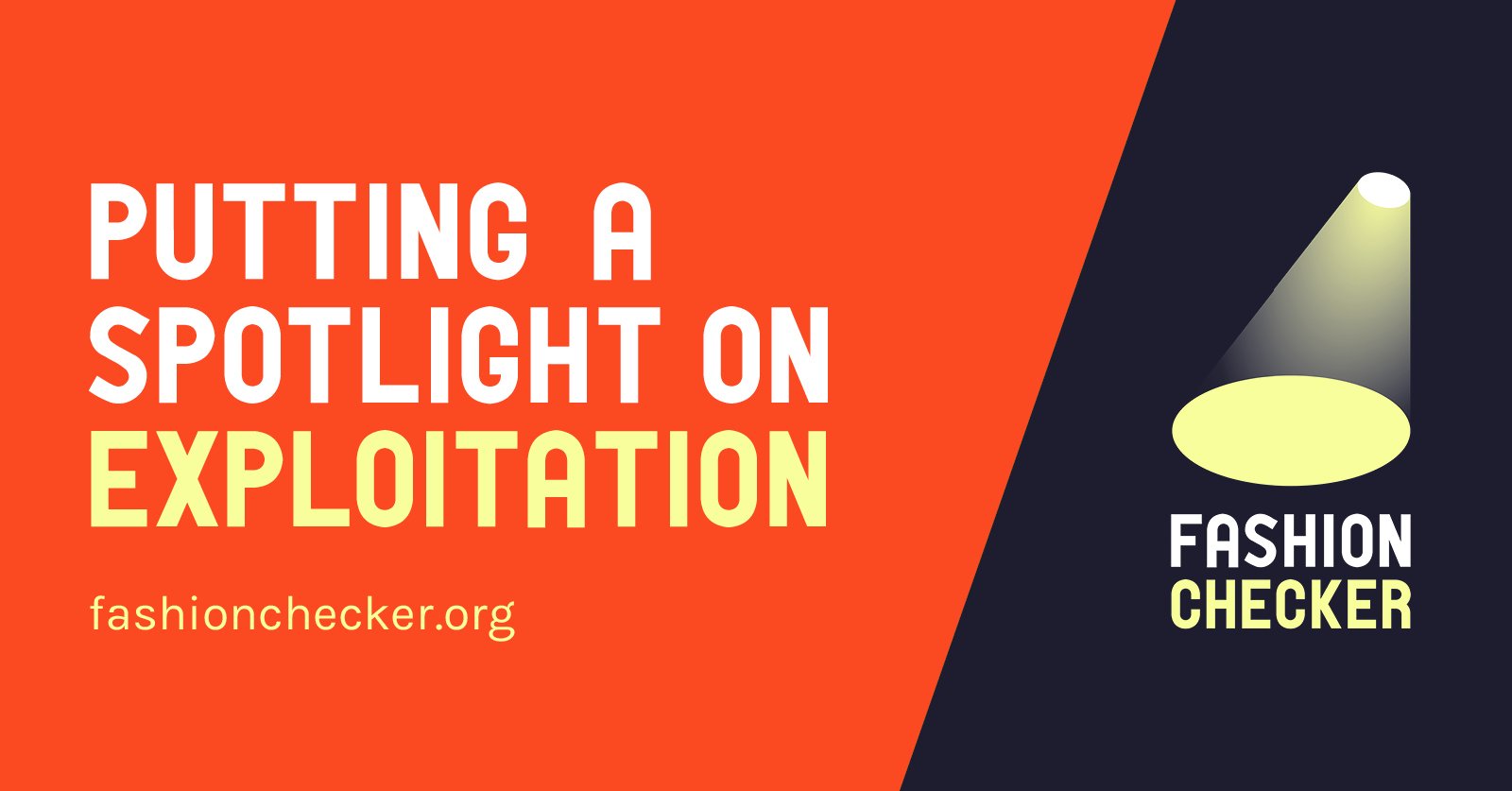What is the fair trade movement in sustainable fashion and why do we need it?
Photo: UN
Often when we hear about brands’ sustainability efforts they mostly refer to climate and environmental, such as materials used of recycled fibres, carbon emission targets or about circular business models such as rental platforms, but there is a significant area within a sustainable fashion that cannot be overlooked if we even want to use the word “sustainable” and that is about the garment workers.
According to International Labour Organisation, there are about 60 million textile workers globally and the majority are women (ILO 2022). Most of the production is taking place in countries such as China, Cambodia and Bangladesh. These workers are seldom fairly paid, do not work in safe environments and often work long shifts over time (Fashion Revolution). According to a report by the New York University Stern Center for Business and Human Rights, Ethiopian garment workers only earn $26 a month, while Chinese workers earn $340 a month, in Kenya, the garment workers earn $207 and those in Bangladesh earn $95, which is far below wages they can live on (Business and Human Rights Resource Centre, 2019). According to the Clean Clothes Campaign, no major brand is able to pay living wages to their workers (European Commission).
It is essential when we talk about sustainable, slow and ethical fashion that we do not leave the garment workers behind and make sure their voices are addressed in the room.
Photo: Fashion Checker
Who are the organisations and initiatives addressing this issue?
Fashion Revolution
Fashion Revolution was founded by Carry Somers and Orsola de Castro in the wake of the Rana Plaza disaster in 2013. According to themselves, Fashion Revolution has grown to become the world’s largest fashion activism movement, mobilising citizens, brands and policymakers through research, education and advocacy. They work with policy-making, run the Fashion Transparency Index and are hosting Fashion Revolution week, with the popular campaign #WhoMadeMyClothes.
Fair Action
Is a non-profit organisation based in Sweden that works actively to make sure companies are taking responsibility for the workers in their supply chain. They have helped several brands to list the clothing and shoe factories they are using publicly to create transparency. They also offer schools educational material about workers’ human rights.
Clean Clothes Campaign
Clean Clothes Campaign was founded in the Netherlands in 1989 as Schone Kleren Campagne. According to the organisation; They have since then expanded to become a global network of over 235 organisations operating in over 45 countries. The network connects actors across the garment and sportswear industry, linking home-based worker organisations, grass-roots unions, women's organisations and trade unions, to labour rights and feminist organisations, CSOs and activists in both garment-producing and consumer market countries. The work is worker centred. The horizontal operational structure enables them to identify local problems and objectives and transform them into global actions.
Fashion Checker
It is a campaign by the Clean Clothes Campaign to track brands regarding if they pay garment workers their living wage. 93% of garment workers do not. It is funded by the European Union.
Good Clothes Fair Pay
This is a campaign which demands living wage legislation across the garment, textile and footwear sectors. 1 million signatures are needed from EU citizens to push for legislation that requires companies to conduct living wage due diligence in their supply chains. Sign now to call upon European Commission.
Fairtrade
The Fairtrade Foundation is an independent non-profit organisation that also licenses the FAIRTRADE in countries where Fairtrade products are being sold. They also educate consumers about what Fairtrade is and the benefits of choosing a Fairtrade-certified product. Fairtrade labelled products guarantees a minimum wage, a premium that goes to the local community and fair condition and working environments. Fairtrade is mostly focusing on small-scale farmers and therefore you can find products with Fairtrade Certified Cotton.
Fair Wear
It is a non-profit organisation funded in 1999. Fair Wear guide and assess brands and promote the full and mandatory implementation of the OECD guidelines for human rights due diligence across the industry. It has standards that aim to improve working conditions among textile workers. These standards include free employment, freedom of association, no discrimination, no child labour, payment of living wage, reasonable hours of work, safe and healthy working conditions and a legally binding employment relationship.
World Fair Trade Organization
WFTO is a global community of social enterprises. It is run by its members and all members must show they put the planet and people first in their businesses. They have to follow the 10 Principles of Fair Trade and currently are represented in 76 countries by 1000 social enterprises and 1500 shops.










